Search Results
Showing results 1 to 20 of 75
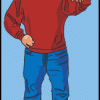
Meteoroids and the Craters They Make
Source Institutions
In this activity, learners investigate the formation of craters. Learners will examine how the size, angle and speed of a meteorite's impact affects the properties of craters.
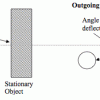
Where Will It Go?
Source Institutions
In this activity, learners predict where a ball will go after it bounces off another object. Learners discover that the motion of objects is predictable based on laws of motion.
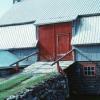
Ramps 1: Let it Roll!
Source Institutions
In this activity about ramps, learners explore and measure the rate at which spherical objects roll down a ramp.
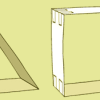
Canine House of Cards
Source Institutions
This simple construction activity teaches the importance of architectural structure. Learners build and test designs for a paper "doghouse" strong enough to hold the weight of a jumbo dog biscuit.
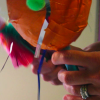
Make Maracas
Source Institutions
Make a rattle-like musical instrument! Shake it, hit it, spin it any way you want to!
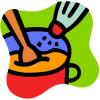
Silly Putty Investigation
Source Institutions
In this activity (located on page 7 of PDF), learners explore how Silly Putty was first invented and then attempt to make a batch of their own.

Walking Water
Source Institutions
In this activity, learners will be working with a sort of scientific magic, capillary action! They will set up 3 cups of water of different colors, connect them with paper towels and wait.
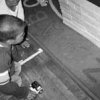
Designing a Wall
Source Institutions
In this engineering activity (page 5 of PDF), young learners investigate how materials and design contribute to the strength of a structure, particularly walls.
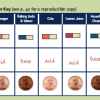
Copper Cleanup
Source Institutions
In this hands-on experiment, kids use chemistry to explore whether acids or bases are better at restoring a penny’s shine.

The Thousand-Yard Model
Source Institutions
This is a classic exercise for visualizing the scale of the Solar System.
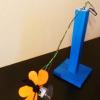
Motorized Balancing Toy
Source Institutions
In this activity, learners build a toy that flies in circles. This activity introduces learners to center of mass, torque, and rotational motion.

Using Chemical Change to Identify an Unknown
Source Institutions
In this activity, learners will develop a method to test five similar-looking powders (baking soda, baking powder, cream of tartar, detergent, and cornstarch) with four test liquids (water, vinegar, i
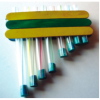
Make Pan Pipes
Source Institutions
This is a simple activity for learners to create a traditional musical instrument. Pan Pipes have developed all over the world in different cultures, from South America to Greece and China.
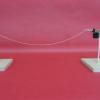
Trip Wire
Source Institutions
In this activity, learners build simple alarms that they can attach to anything, such as a drawer or doorway. This activity introduces learners to electricity, circuits, and currents.
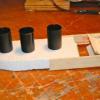
Paddle Boat
Source Institutions
In this activity, learners build an old-fashioned paddle boat out of simple materials.
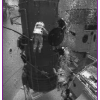
Weighty Questions
Source Institutions
In this activity about humans and space travel (page 1 of PDF), learners compare and contrast the behavior of a water-filled plastic bag, both outside and inside of a container of water.
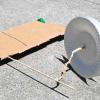
Rubber Band Racer
Source Institutions
In this activity, learners construct speedy vehicles made out of paper plates and powered by twisted rubber bands.
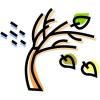
Where Does the Wind Blow?
Source Institutions
In this activity, learners investigate wind by comparing the force of wind in different locations. Learners build wind-o-meters out of wooden sticks and strips of paper.
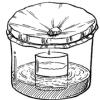
Rain Machine (Solar Still)
Source Institutions
In this activity, learners work in groups to build simple solar stills filled with salt water. After the stills are complete, learners observe what happens when they place the stills in the sun.
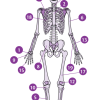
Inner Strength
Source Institutions
In this activity about endoskeletons (page 8 of PDF), learners observe, compare and contrast different kinds of chicken bones, and relate their chicken bone observations to human bones.
